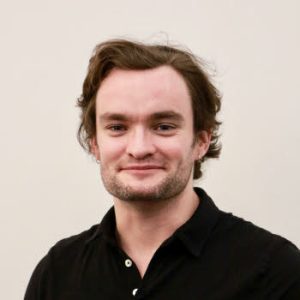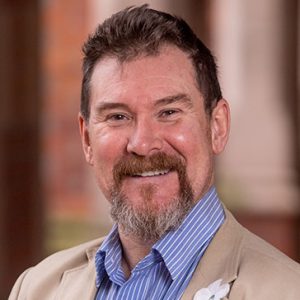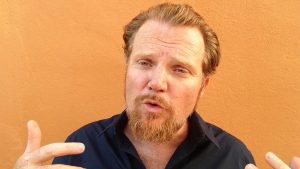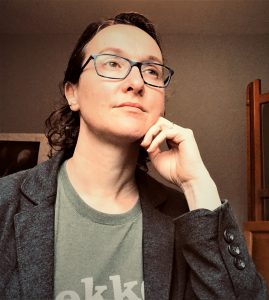Universities are often sites of deeply contested knowledge and power. In this this pivotal moment, both constitutionally for the island and globally in terms of a just transition, this event will open a space for far reaching questions about the politics of knowledge production.
Prompted by renewed calls for the creation of an independent cross-border university in our city-region, this panel will lead an interactive dialogue on three questions:
- What are the vital elements of a radical vision for a “University” in the spirit of Free Derry?
- Taking account of the colonised history of higher education on the island, what is the public mission of a 21st century institution that can restore agency, autonomy and thought leadership to local communities by advancing a regenerative vision of social and ecological development?
- Given the dominant neoliberal model of higher education and its approaches to economic development, how can such a radical new research-led institution model new approaches to liberation, sustainable prosperity and equality?
Speakers:

Eóin is a PhD Candidate on history of the Irish university with focus on colonial experience and interest in Gaelic epistemologies. He teaches BA and MA courses at Linnaeus University in English Literature and Migration. He also supervises and assess BA and MA papers in the areas of (de)coloniality, (anti-)racism, White innocence, Irish literature and oral knowledge.



Daniel has worked with local and national governments on foresight and futures, facilitated seminars on sustainable development for the UNITAR affiliated training centre CIFAL Scotland, consulted companies like Camper, Ecover and Lush on sustainable innovation, and has co-authored and taught sustainability training courses for Gaia Education, LEAD International and various universities and design schools.
He is a member of the International Futures Forum, a fellow of the Royal Society of the Arts (FRSA), co-founder of Biomimicry Iberia, and brought Bioneers to Europe in 2010. Daniel currently works for Gaia Education and the SMART UIB project of the Universidad de las Islas Balears. Triarchy Press published his first book, Designing Regenerative Cultures, in 2016.
The discussion is facilitated by Dr Dina Belluigi, (QUB):

She has also sought to contribute locally as a migrant academic. She is a board member of the Centre for Global Education, based in Belfast; and a member of AfSAI, the Association for African Scholars in Ireland. In 2021, she led a study which mapped research output produced by Northern Ireland’s research universities about those who are migrant and/or are seen as ethnic minorities, in partnership with the MME ThinkTank, and is contributing to events bring attention to research gaps, including that about relations with the environment. She is currently composing an essay about a recent South African-Irish artistic collaboration situated within the Inagh Valley which engaged dialogically with the problematics of our time.
Dina is a Senior Lecturer at Queen’s University Belfast, and a research associate for the Chair for the Critical Study of Higher Education Transformation at Nelson Mandela University. She is committed to the growth of pan-African and international networks for advancing Critical University Studies to actively pursue an emancipatory imagination for the future university.
The event is Co-hosted by BSMC and Foyle Ethical Investment Campaign.